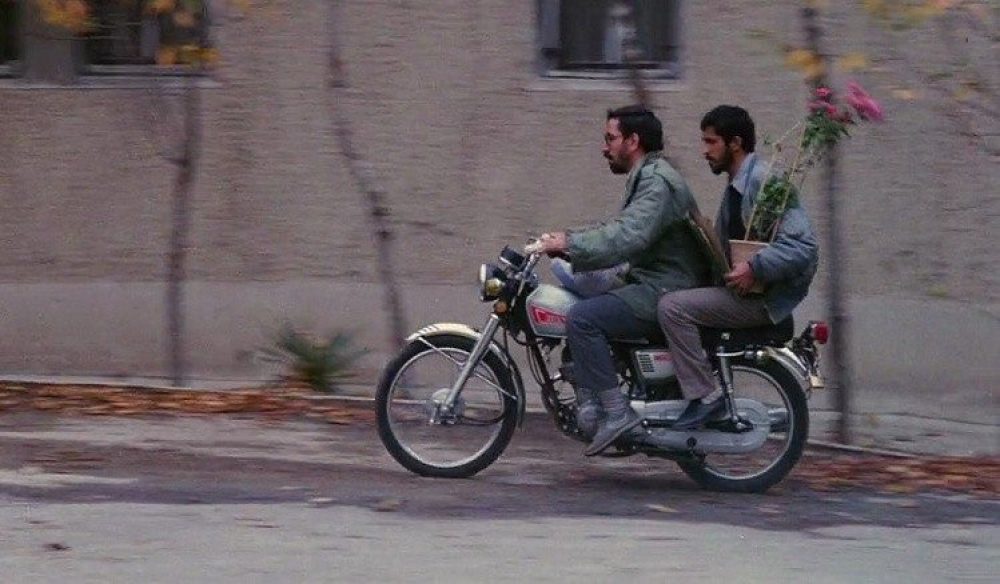Modernity as a historical category was marked by the advent of the Age of Reason. With the Age of Reason came a rejection of tradition and the prioritization of individualism, freedom and egalitarianism. Once these overarching historical changes came, so too did modes of thoughts which brought modernity to individuals in society. The logic of modernity and modern modes of thought have their own inertia and thus modernity now does not need a singular source, it is a self-reinforcing cycle. Further, the inherently skeptical nature of modernity means that any singular source would be questioned and distrusted. The individualism, freedom, and egalitarianism of modernity also means that authority in modernity is less centralized and must be legitimized through the consent of the people. No more can a leader claim authority exclusively through religion and tradition

Authority and Modernity | Iran, Islam, and the Last Great Revolution Fall 2018
What implications does this idea have for countries which do not want to wait for modernity to gain momentum on its own and seek to catalyze the transition? In Balgat, the government is seen bringing modernity in the form of power lines and electric radios. Is this top down approach to cultivating modernity impossible? Gorbachev sought to bring the USSR more fully into modernity with his program of Perestroika. Was such an attempt doomed to fail without the broad-based unchaining of the individual? Is a leader like Rubashov, a man as ahead of his compatriots as the grocer, fighting a losing battle? Is Rubashov’s theoery of “relative immaturity” to be seen as resignation to the reality that no-one can force modernity?